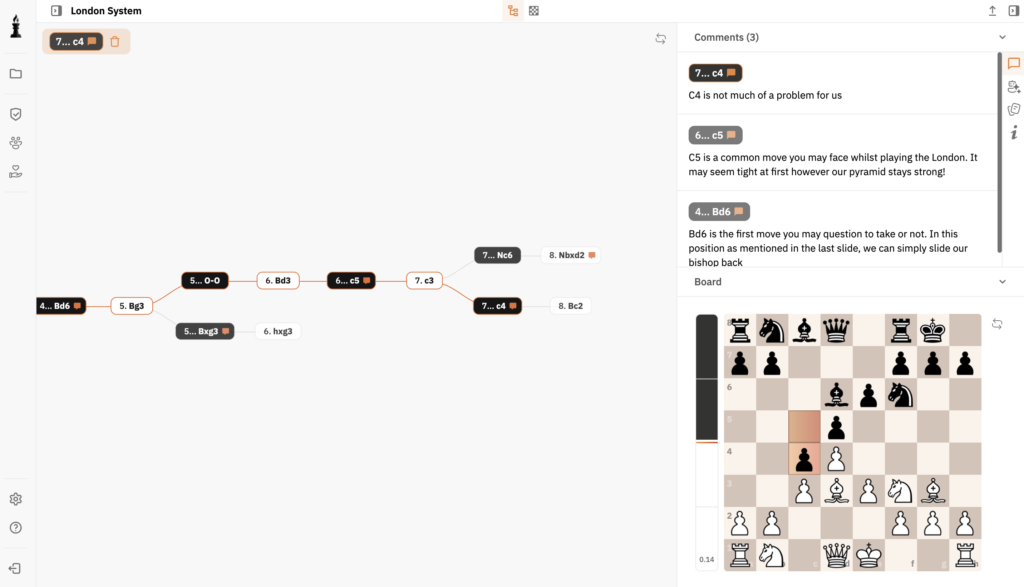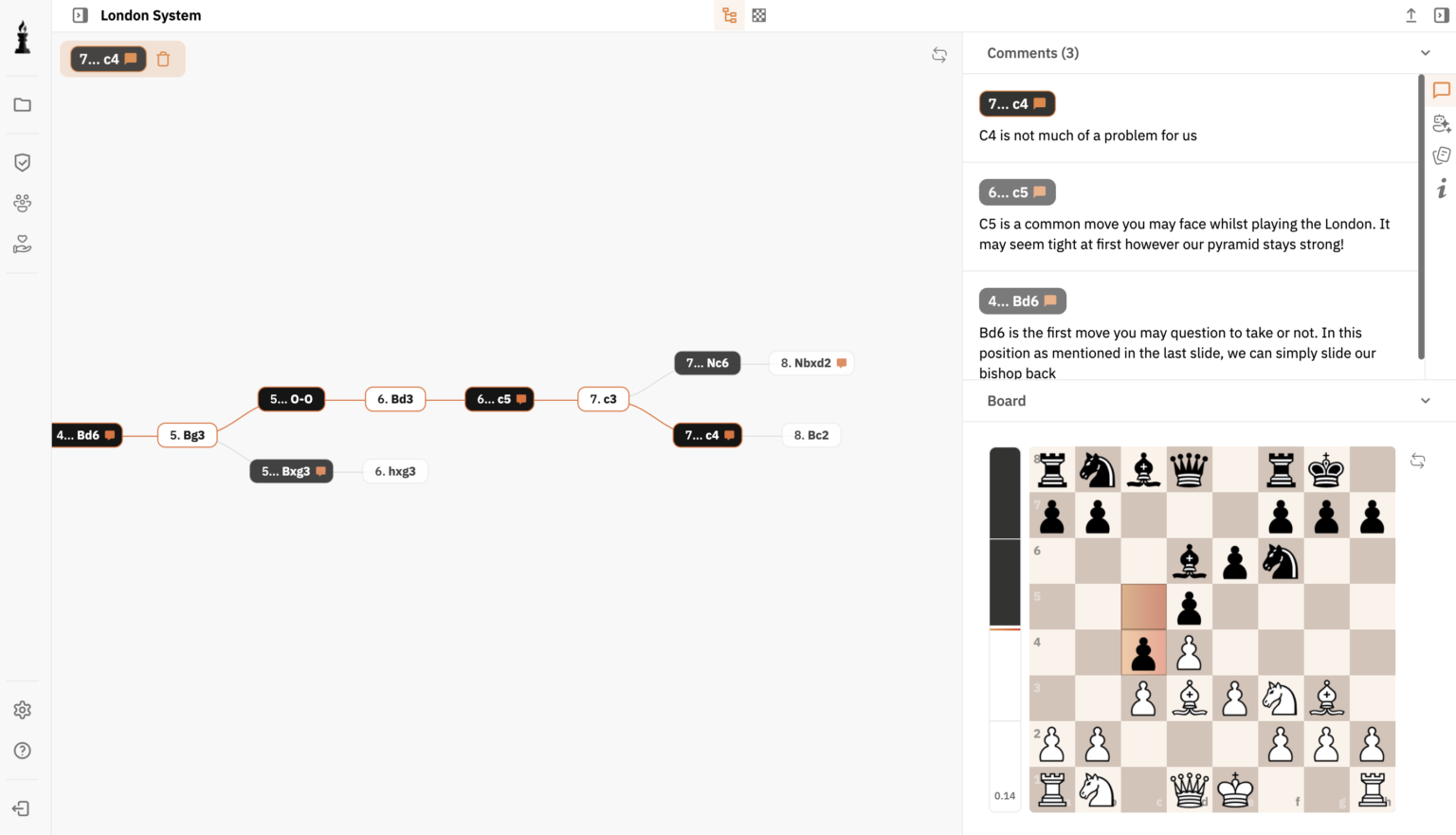Chess has long been considered a battle of minds. While the chessboard is home to strategic pieces and mathematical computations, an often-overlooked aspect of the game is the influence of psychology. Mental resilience, perception, and emotional regulation can significantly affect a player’s performance. Let us look at how these psychological elements play a crucial role in chess.
The Psychological Landscape of Chess
Chess isn’t merely about strategic calculations and technical prowess; it’s a game where psychology can tilt the scales. Emotional factors such as confidence, anxiety, composure, and motivation can influence decision-making, sometimes even more than raw analytical skill. Understanding your emotions and learning to manage them during the game involves recognizing tilt indicators, controlling nerves, and maintaining focus under pressure.
Importance of Mental Strength
Mental strength is a chess player’s invisible weapon. During intense encounters like the Candidates Tournament, mental resilience can distinguish a victorious candidate from a defeated one. Strong mental composure enhances the ability to maintain focus, even when faced with unfavorable positions. Players known for their exceptional mental endurance are often able to recover quickly from blunders and thwart opponents’ attempts to gain an advantage.
Cognitive Processes and Chess Decision Making
Cognitive processes, including perception, memory, and analytical skills, are of vital importance to chess. During a game, a player continuously evaluates positions, anticipates opponent moves, and chooses strategies.
Perception and Pattern Recognition
Perception refers to how players interpret visual and semantic information on the board. Experienced players instinctively recognize patterns, like forks, pins, and skewers, enabling them to predict upcoming threats and opportunities.
Memory and Imagery in Chess
Memory plays a pivotal role in chess. Grandmasters often draw from vast knowledge of opening theory and famous historical games stored in their memory banks. Remembering specific lines and critical positions allows a player to navigate complex situations without being overwhelmed.
Psychological Warfare and Chess Tactics
Chess involves not only outmaneuvering your opponent on the board but also engaging in subtle psychological warfare. Some players exploit the psychological state of their opponent through tactical provocations or by maintaining relentless pressure, hoping to induce mistakes.
Time Pressure and Decision-Making
Time pressure can disrupt a player’s mental clarity and lead to hasty decisions. Adjusting to time constraints and managing tempo is indispensable. Time management adeptness minimizes the likelihood of « flagging, » where a player loses on time despite a notable position.
Strategies for Psychological Preparedness
Becoming a psychologically resilient player involves consistent practice and mental preparation. Here are vital strategies:
- Emotional Regulation: Managing emotions during critical moments can turn the tide. Techniques such as deep breathing or brief mental pauses can help refocus energy and determination.
- Pre-game Visualization: Visualizing opening moves, potential pawn structures, and likely responses can create a mental blueprint, enhancing readiness.
- Confidence Building: Confidence stems from preparation and self-belief. Trusting one’s capabilities reduces cognitive dissonance and fosters decisive action.
ChessFlare Tools for Mental Practice
Several ChessFlare resources can help build psychological resilience. The Chess Games Analysis tool enables players to review past games for tactical and psychological learnings. Furthermore, the Import/Export .Pgn Files feature helps players consolidate game records for deeper study.
Conclusion
Chess is as much a psychological contest as it is a strategic battle. Understanding the mind’s role in shaping the game can be transformative. Players attuned to their mental landscapes are better equipped to make rational decisions and outwit their opponents—even when grandmasters engage, often it is the psychological edge that makes the defining difference.
Understanding the psychological underpinnings of chess requires persistence and insight, but those who do so find themselves not just better players but more reflective individuals. Chess becomes not just a game, but a pursuit of self-understanding, mirroring life’s complexities one game at a time.
Understanding psychology in chess can improve decision-making, enhance perception, foster mental resilience in stress, and elevate overall game performance.
Building mental strength involves regular practice, visualization strategies, emotional regulation, and reviewing past games to enhance composure.
Perception in chess allows players to recognize patterns, anticipate threats, and interpret board scenarios quickly, influencing overall strategic play.
Effective time management ensures players avoid losing due to time, maintain strategic depth, and make insightful decisions under pressure.





